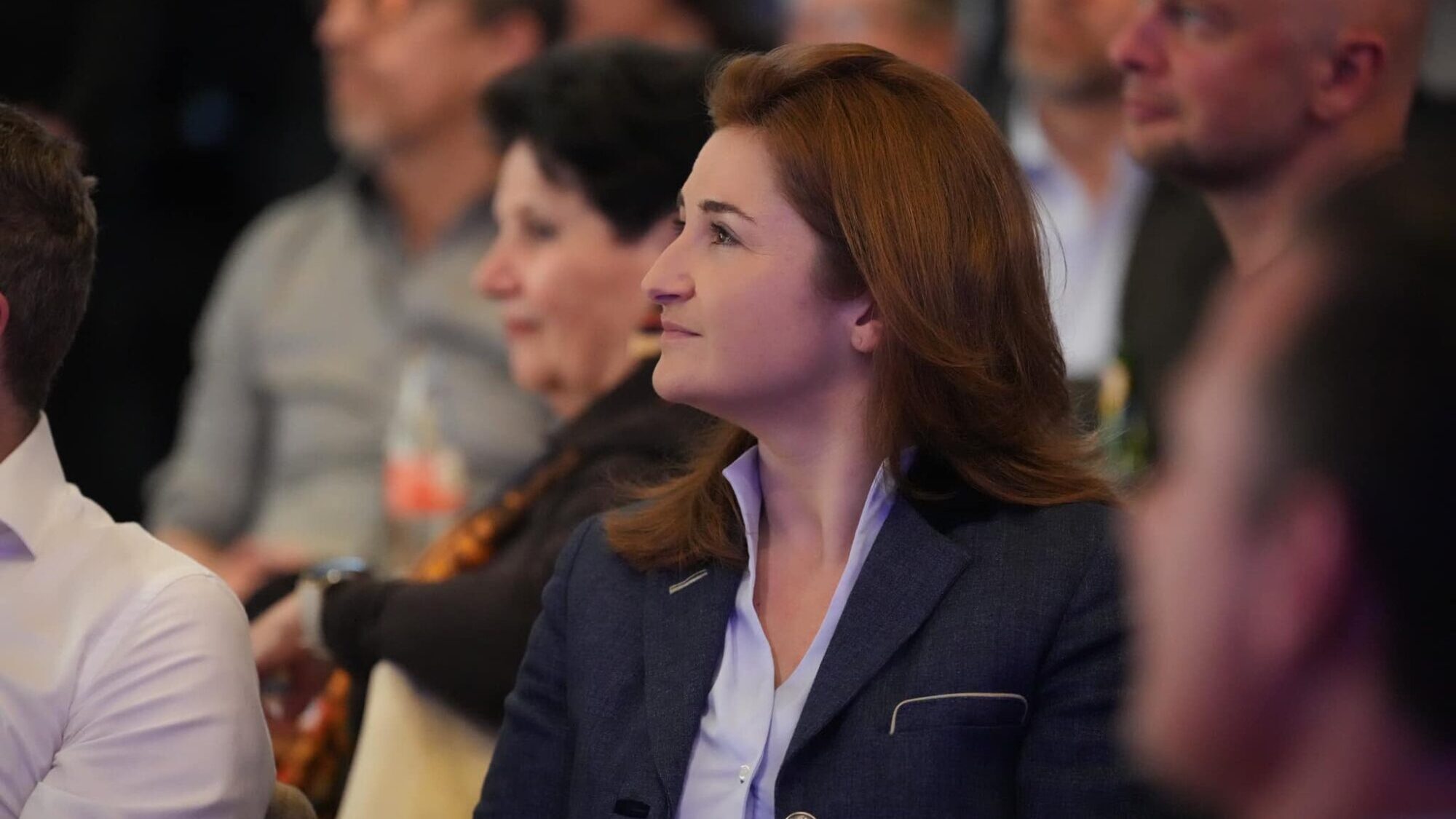No products in the cart.

Marlene Svazek, Salzburg FPÖ chief.
Photo: Marlene Svazek/Facebook
Two months after entering into a coalition government in the country’s largest state—and as it continues to top the national polls by an increasingly large margin—the conservative, anti-globalist Freedom Party of Austria (FPÖ) is moving forward in coalition negotiations with the center-right Austrian People’s Party (ÖVP) to form a new state government in Salzburg.
The negotiations, which according to reports are progressing smoothly as the two parties’ programs overlap on a host of issues, come after the FPÖ achieved its best result in the party’s history in April’s state election in Salzburg. Having garnered nearly 26% of the vote, the FPÖ became the second-strongest party in the region, behind the ÖVP which secured just over 30%.
The atmosphere at the negotiations, which began on May 3rd, has been “constructive and professional,” said the potential coalition partners when asked by the Austria Press Agency, adding that the two parties were aiming to conclude the talks by the end of this month.
In comments given exclusively to The European Conservative concerning the potential coalition deal in Salzburg and the country’s federal legislative elections in 2024, MEP Harald Vilimsky, who serves as the FPÖ’s secretary general and leads the party’s delegation in the European Parliament, said:
In principle, we hope to achieve a clear FPÖ signature in the coalition agreement in various areas such as migration policy, fundamental freedoms, and relief for the population. We see in the other two state governments that the FPÖ is making very positive and down-to-earth policies for the population and that people are responding positively to this, while the mainstream media are warning of a shift to the Right and an FPÖ federal chancellor. And that is precisely our goal. Lower Austria, Upper Austria, and Salzburg now have a blue-black government and for 2024 we plan to become the number one in Austria and to provide the federal chancellor. The prerequisites are very good, but we also know that a corresponding storm will come our way, which we will withstand.
On their respective policy positions, the FPÖ and the ÖVP have considerable overlap. Both are in favor of more aggressive wolf hunting as well as the expansion of the Europark shopping center in the city of Salzburg, which has stalled for several years as a result of the outgoing Green government partner’s veto. Furthermore, both advocate for more housing development projects to protect against housing shortages and rising housing prices.
The two parties, however, disagree on energy, where ÖVP Governor Wilfried Haslauer would like to see wind turbines built, while Salzburg’s FPÖ chief Marlene Svazek has clearly signaled opposition to wind turbines in the Alpine region and would prefer to see hydroelectric power plants constructed instead.
With respect to childcare, the ÖVP has campaigned for increased childcare places while the FPÖ has called for bonuses for parents who look after their small children at home. Finally, concerning the COVID-19 pandemic and the ÖVP’s less-than-satisfactory, extraordinarily heavy-handed approach to handling it, the FPÖ is expecting an admission of guilt.
Prior to the election, Svazek said: “The ÖVP not only has to be accountable here but also must do penance. That would be an honest step that shows the population that they are serious about overcoming the rifts.”
If coalition talks between the FPÖ and the ÖVP are indeed successful and a government in Salzburg is formed, it would be the third Austrian state (of nine in total) where the Right is in charge.
Progress toward the formation of an ÖVP-FPÖ coalition government in Salzburg suggests that the two parties may be set to be partners once again at the national level after Austria’s 2024 legislative election takes place.